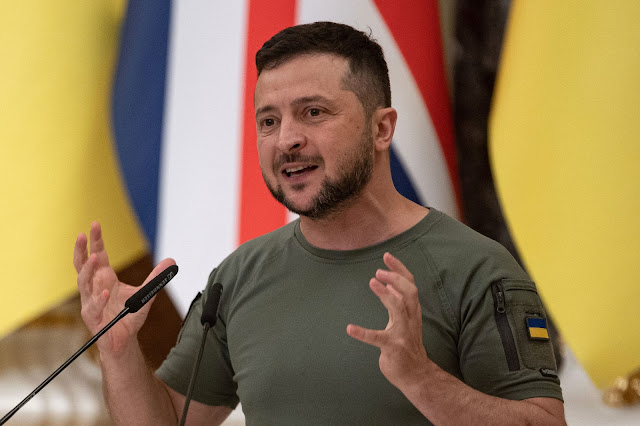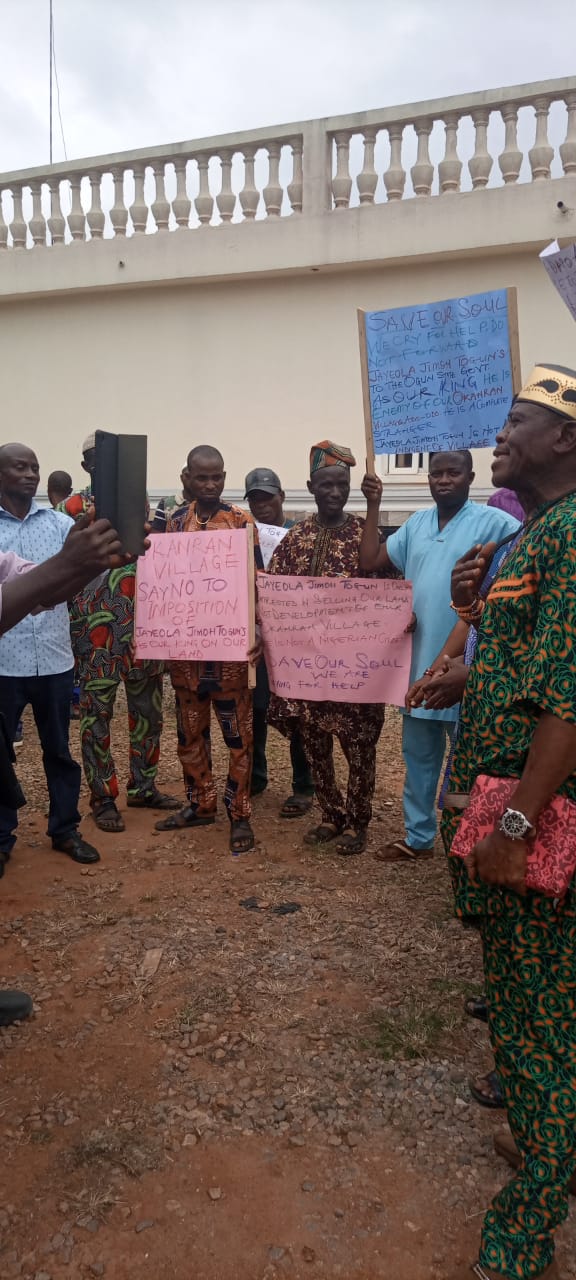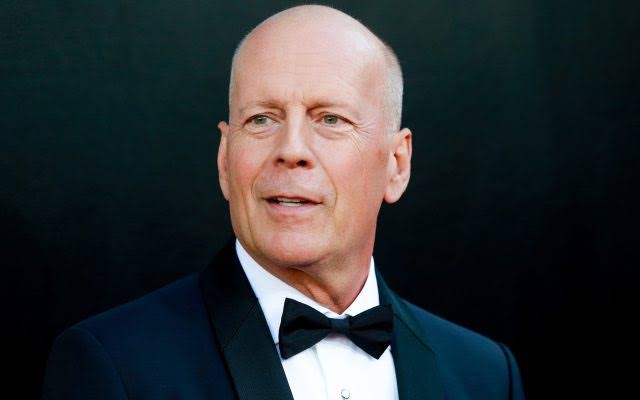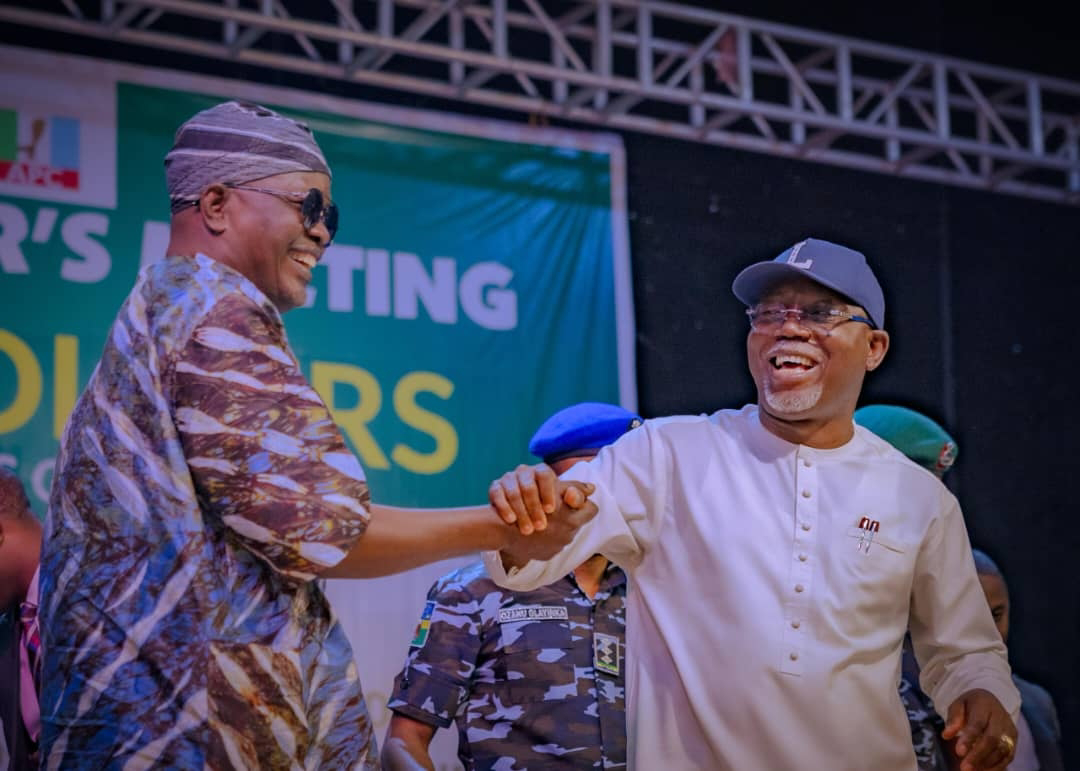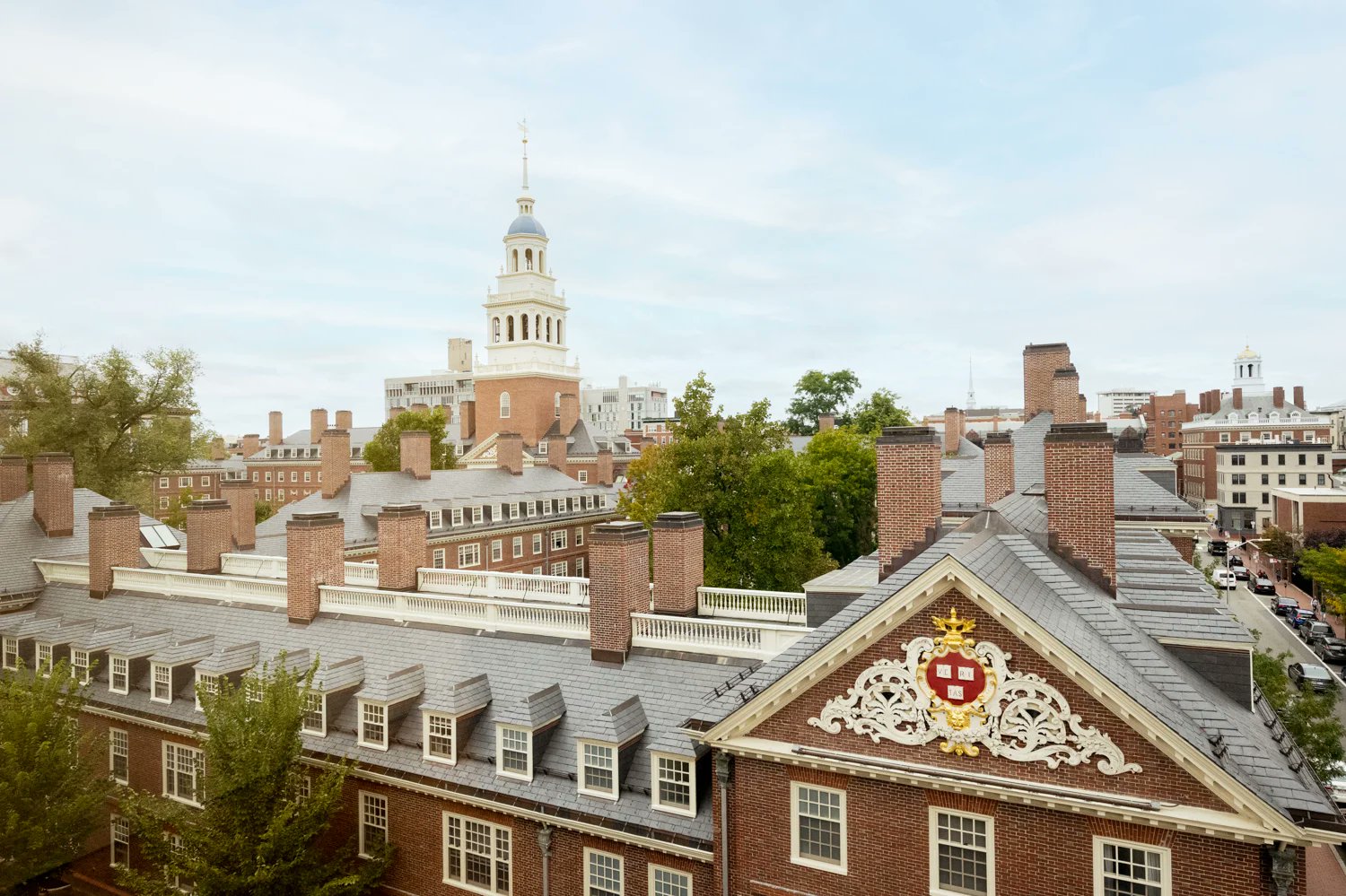In a pivotal moment for Ukraine’s future, President Volodymyr Zelenskiy has issued a clarion call to European leaders, urging them to establish clear, actionable, and enforceable security guarantees to safeguard his nation as it navigates the complexities of seeking a peace settlement with Russia. The plea comes after more than three years of relentless conflict that has devastated Ukraine, claimed countless lives, and reshaped the geopolitical landscape of Eastern Europe. Zelenskiy’s appeal underscores the urgency of fortifying Ukraine’s defenses and ensuring that any peace agreement is backed by a robust framework to deter future aggression from Moscow.
The Ukrainian president made these remarks during a virtual summit hosted in Poland, where he was joined by Polish President Karol Nawrocki and leaders from Estonia, Latvia, Lithuania, and Denmark. The meeting, convened against the backdrop of a recent deadly Russian missile strike on Kyiv that claimed 22 lives, served as a stark reminder of the ongoing threat posed by Russia’s military actions. Zelenskiy emphasized the need for a unified European stance, calling for a concrete and detailed security framework that outlines precisely how allied nations would respond to any future Russian aggression. This framework, he argued, must encompass comprehensive defense measures covering land, air, and sea, ensuring that Ukraine is never again left vulnerable to the kind of large-scale invasion it has endured since February 2022.
A Call for Unity and Action
Zelenskiy’s address was both a plea and a challenge to Europe’s leaders. He stressed that the time for vague promises and half-measures has long passed. Instead, he advocated for a binding commitment from European nations to stand by Ukraine in the face of any renewed hostilities. “We cannot afford ambiguity,” Zelenskiy declared, according to sources familiar with the meeting. “The security of Ukraine is the security of Europe. A clear, enforceable framework is not just a necessity for us—it is a necessity for the stability of the entire continent.”
The Ukrainian president’s remarks were directed not only at the leaders present but also at the broader European community. He called for a united front, urging European nations to set aside differences and present a cohesive strategy to counter Russia’s aggression. This unity, he argued, would send a powerful message to Moscow and bolster ongoing diplomatic efforts to bring an end to the war. Zelenskiy’s vision for security guarantees is rooted in the belief that only a collective and resolute response can deter Russia from further military adventurism.
The virtual summit in Poland was a carefully chosen setting, given Poland’s role as one of Ukraine’s staunchest allies since the onset of the war. Poland has provided significant military, humanitarian, and diplomatic support, hosting millions of Ukrainian refugees and serving as a key conduit for Western aid. The participation of leaders from Estonia, Latvia, Lithuania, and Denmark—countries with a history of advocating for strong measures against Russian aggression—further underscored the gravity of the discussions. These nations, often referred to as the “frontline states” due to their proximity to Russia, share Ukraine’s concerns about the long-term threat posed by Moscow.
The Shadow of Recent Violence
The urgency of Zelenskiy’s appeal was amplified by a devastating Russian missile strike on Kyiv just days before the summit. The attack, which killed 22 people and injured dozens more, was a grim reminder of the war’s toll on Ukrainian civilians and infrastructure. The strike targeted residential areas, hospitals, and critical infrastructure, further straining Ukraine’s already overburdened resources. Images of destroyed buildings and grieving families flooded international media, galvanizing global attention on the need for immediate action to protect Ukraine.
For Zelenskiy, the attack was not just a tragedy but a call to action. “Every missile that falls on our cities, every life lost, is a reminder that we cannot wait,” he said during the summit. “We need guarantees now—guarantees that are not just words on paper but commitments backed by action, resources, and resolve.” The Ukrainian president highlighted the need for a multi-layered defense strategy, one that includes advanced air defense systems, naval support to secure Ukraine’s Black Sea coast, and ground forces capable of repelling any future incursions.
The missile strike also served as a sobering backdrop for the broader geopolitical context of the summit. As Ukraine continues to fend off Russian advances in the east and south, the war has entered a critical phase. Russian forces have made incremental gains in certain areas, but Ukraine’s military, bolstered by Western support, has managed to hold key positions and even launch counteroffensives. However, the human and economic costs of the conflict are staggering, with millions displaced, entire cities reduced to rubble, and Ukraine’s economy teetering under the weight of war.
The Role of U.S. Leadership
Zelenskiy’s call for security guarantees comes at a time when the United States, under President Donald Trump, is signaling a renewed push for peace talks between Kyiv and Moscow. Trump, who has made ending the Ukraine-Russia conflict a key foreign policy priority, has proposed a diplomatic framework that would see negotiations between the two sides while simultaneously threatening new sanctions on Russia if progress stalls. This dual approach—diplomacy backed by the threat of economic pressure—has added a new layer of complexity to the ongoing war.
During the summit, Zelenskiy acknowledged Trump’s efforts, noting that U.S. leadership is critical to achieving a lasting peace. “President Trump’s commitment to diplomacy is a step forward, but it must be accompanied by concrete measures to ensure Ukraine’s security,” he said. The Ukrainian president expressed hope that the United States would play a leading role in crafting the security guarantees he envisions, potentially as part of a broader NATO or bilateral framework.
To this end, senior Ukrainian officials are scheduled to meet with representatives of the Trump administration in New York on Friday, August 29, 2025. The discussions are expected to focus on the proposed security framework and the potential roadmap for peace talks. Ukrainian officials are likely to press for commitments that include military aid, intelligence sharing, and economic support to rebuild Ukraine’s war-torn infrastructure. The meeting in New York is seen as a critical opportunity to align U.S. and European efforts, ensuring that any peace agreement is both sustainable and enforceable.
The Broader Geopolitical Stakes
Zelenskiy’s push for security guarantees is not just about protecting Ukraine but about reshaping the security architecture of Europe. The war in Ukraine has exposed the vulnerabilities of the post-Cold War order, raising questions about the effectiveness of existing institutions like NATO and the European Union in deterring authoritarian aggression. For many European leaders, Ukraine’s struggle is a test of the continent’s ability to stand up to threats and uphold democratic values.
The Baltic states—Estonia, Latvia, and Lithuania—have been particularly vocal in supporting Zelenskiy’s call for stronger security measures. These countries, which share borders with Russia or its ally Belarus, have long warned of Moscow’s expansionist ambitions. Their participation in the summit reflects a shared understanding that Ukraine’s security is inextricably linked to their own. “If Ukraine falls, the threat moves closer to our borders,” said a senior Estonian official, speaking on condition of anonymity. “We cannot allow that to happen.”
Denmark, another participant in the summit, has also emerged as a key supporter of Ukraine. The Nordic nation has provided significant military aid, including advanced weaponry and training for Ukrainian forces. Danish Prime Minister Mette Frederiksen has repeatedly emphasized the need for a strong, united European response to Russia’s aggression, a sentiment echoed by Zelenskiy during the summit.
Poland, as the host of the virtual meeting, played a central role in facilitating the discussions. President Karol Nawrocki reiterated Poland’s unwavering support for Ukraine, pledging to continue providing military and humanitarian assistance. “Poland stands with Ukraine today, tomorrow, and for as long as it takes,” Nawrocki said. The Polish president also called for greater European solidarity, urging other EU member states to step up their contributions to Ukraine’s defense.
Challenges and Opportunities
While Zelenskiy’s vision for security guarantees is ambitious, it faces significant challenges. Crafting a framework that satisfies Ukraine’s needs while securing buy-in from a diverse group of European nations is no small feat. Some EU countries, particularly those further from Russia’s borders, have been more cautious in their approach, wary of escalating tensions with Moscow. Others, like Hungary, have at times expressed skepticism about the level of support for Ukraine, complicating efforts to achieve a unified stance.
Moreover, the question of enforcement looms large. Security guarantees are only as strong as the willingness of nations to act on them. For Ukraine, this means ensuring that any agreement includes clear mechanisms for rapid response in the event of future aggression. Zelenskiy has proposed the inclusion of NATO troops, advanced missile defense systems, and a permanent naval presence in the Black Sea as part of the framework, but these measures are likely to face resistance from some quarters.
Despite these challenges, the summit represents a significant step forward in the quest for a lasting peace. By bringing together key allies, Zelenskiy has succeeded in elevating the issue of security guarantees to the top of the European agenda. The discussions in Poland, coupled with the upcoming meeting in New York, signal a growing recognition that the war in Ukraine is not just a regional conflict but a defining moment for global security.
Looking Ahead
As the war in Ukraine enters its fourth year, the stakes could not be higher. Zelenskiy’s call for security guarantees is a bold attempt to secure his country’s future while sending a message to Russia that aggression will not go unanswered. The Ukrainian president’s vision is one of resilience, unity, and determination—a vision that requires the support of Europe, the United States, and the broader international community to become a reality.
The coming weeks will be critical as Ukrainian officials engage with their American counterparts and continue to rally European support. The outcome of these discussions could shape not only the trajectory of the war but also the future of European security. For Zelenskiy and the Ukrainian people, the fight is not just for survival but for a future where their nation can live free from the shadow of Russian aggression. As the world watches, the resolve of Ukraine and its allies will be put to the test, with the hope that a lasting peace is within reach.


